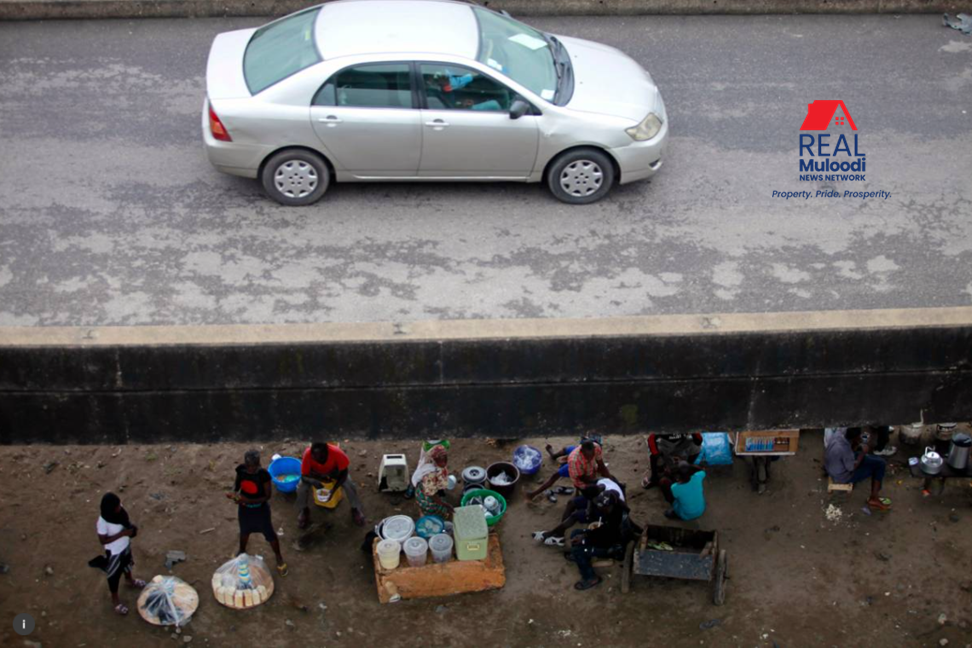UGANDA, Kampala | Real Muloodi News | Productive, well planned and efficient cities are fundamental to economic growth. Therefore, governments like Uganda’s have begun to invest in numerous large infrastructure development projects.
However, such infrastructure projects often face challenges finding land that is not encumbered by unplanned human settlements. This inevitably leads to governments developing projects on land occupied by low-income families.
Julian Baskin, Principal Urban Advisor, Cities Alliance / UNOPS, recently penned an article about the role of social safeguards in infrastructure projects. Baskin says governments must ensure no-one is worse off because of the proposed new infrastructure, and to protect against the abuse of human rights, the loss of livelihoods and the destruction of the environment.
According to Baskin, the urban poor tend to have weak land tenure rights, live in fragile shelters, and work in the informal economy, and are therefore often marginalised. He adds that in the past, governments have used force to relocate people living in informal settlements which are in the way of infrastructure projects.
As a result, international lending institutions have implemented safeguard requirements to ease the adverse effects of such projects on informal settlements. The safeguards require developers to carry out an Environment and Social Impact Assessment (ESIA) before beginning the project.
However, implementing these safeguards is costly, making governments resistant to them. Further, few countries have the institutional capacities to implement them where the urban poor need them most.
Bridging the Gap
Governments and informal settlers have to build trust and learn to collaborate to find the best balance between infrastructure development and protecting their homes and livelihoods. Partnerships and dialogue between national government, local government, and the affected communities is essential.
Kampala is one example where safeguards are being implemented for the construction of the planned Kampala-Jinja Expressway (KJE).
While the the KJE will bring enormous long-term benefits to the local and national economies, the expressway will pass through heavily populated settlements, and many Ugandans stand to be displaced. This brings potentially adverse social, environment and economic impacts.
The Uganda National Roads Authority (UNRA) and Cities Alliance, a global partnership that addresses issues like urban poverty, have developed safeguard analysis and mitigation measures for the KJE project, known as the Resettlement And Livelihood Restoration Plan.
As part of this, UNRA has already opened a dialogue with informal settlers affected by the KJE project. The dialogue aims to bring settlers’ issues forward to the government, and propose alternatives and compromises beneficial to both sides.
The UNRA Resettlement And Livelihood Restoration Plan aims to achieve the following outcomes:
- Re-integrate relocated households and businesses into the broader city, within communities with secure tenure. This includes plans for long term incremental upgrading of their housing.
- Identify and empower the most vulnerable households to adapt to the new situation caused by the KJE construction.
- Empower households presently dependent on the informal economy for their livelihoods with new space, skills and finance to either continue their enterprises, or adapt to new opportunities.
“Investment in infrastructure that runs through settled communities is inevitable and a good thing,” concludes Baskin. “Safeguards can ensure that a wide range of interests can be protected, thus ensuring that no one is worse off.”
READ MORE LIKE THIS:
Man Remanded for Forging Kampala-Jinja Expressway Compensation Documents



